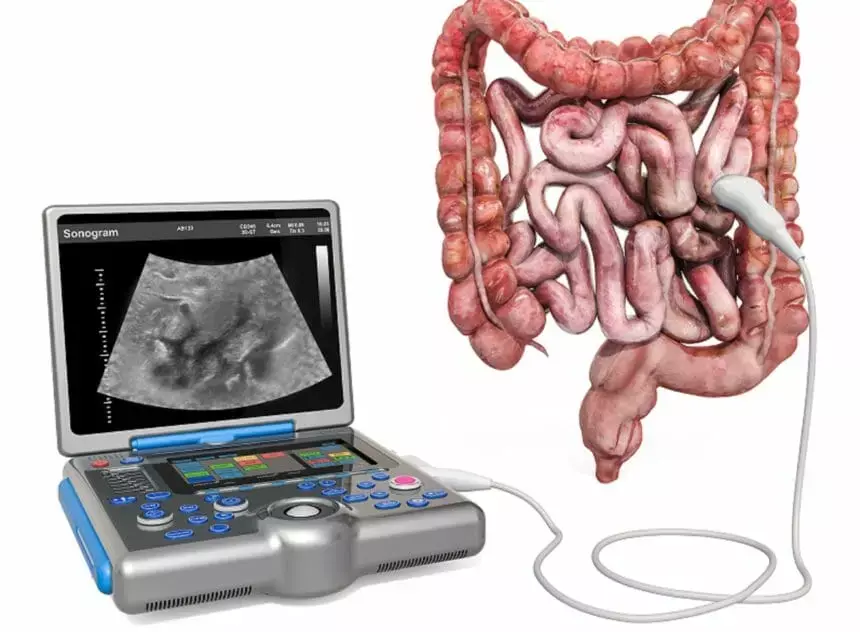- Home
- Medical news & Guidelines
- Anesthesiology
- Cardiology and CTVS
- Critical Care
- Dentistry
- Dermatology
- Diabetes and Endocrinology
- ENT
- Gastroenterology
- Medicine
- Nephrology
- Neurology
- Obstretics-Gynaecology
- Oncology
- Ophthalmology
- Orthopaedics
- Pediatrics-Neonatology
- Psychiatry
- Pulmonology
- Radiology
- Surgery
- Urology
- Laboratory Medicine
- Diet
- Nursing
- Paramedical
- Physiotherapy
- Health news
- Fact Check
- Bone Health Fact Check
- Brain Health Fact Check
- Cancer Related Fact Check
- Child Care Fact Check
- Dental and oral health fact check
- Diabetes and metabolic health fact check
- Diet and Nutrition Fact Check
- Eye and ENT Care Fact Check
- Fitness fact check
- Gut health fact check
- Heart health fact check
- Kidney health fact check
- Medical education fact check
- Men's health fact check
- Respiratory fact check
- Skin and hair care fact check
- Vaccine and Immunization fact check
- Women's health fact check
- AYUSH
- State News
- Andaman and Nicobar Islands
- Andhra Pradesh
- Arunachal Pradesh
- Assam
- Bihar
- Chandigarh
- Chattisgarh
- Dadra and Nagar Haveli
- Daman and Diu
- Delhi
- Goa
- Gujarat
- Haryana
- Himachal Pradesh
- Jammu & Kashmir
- Jharkhand
- Karnataka
- Kerala
- Ladakh
- Lakshadweep
- Madhya Pradesh
- Maharashtra
- Manipur
- Meghalaya
- Mizoram
- Nagaland
- Odisha
- Puducherry
- Punjab
- Rajasthan
- Sikkim
- Tamil Nadu
- Telangana
- Tripura
- Uttar Pradesh
- Uttrakhand
- West Bengal
- Medical Education
- Industry
Gastrointestinal ultrasound helps predict Ulcerative colitis in advance

Intestinal ultrasound (IUS) represents a noninvasive modality to assess disease activity in IBD and to guide therapy decisions. In a recent study, researchers have reported that ultrasound scans may help physicians to predict poor corticosteroid response in early which will provide a timely administration of salvage therapy in patients with severe ulcerative colitis. The research findings have been published in the journal Ultrasound in Medicine & Biology on January 05, 2020.
Physicians typically administer corticosteroids to patients admitted in the hospital with severe ulcerative colitis, but about one-third of these patients do not respond to the treatment. Approximately 30% of patients hospitalised with severe ulcerative colitis do not respond to corticosteroids and the decision to introduce salvage therapy is delayed to at least the third day of treatment, according to the widely applied Oxford criteria to assess response. Therefore, researchers of Alfred Hospital, Melbourne, Australia, conducted a study to determine whether gastrointestinal ultrasound performed on admission can predict steroid-refractory disease.
It was a pilot study with 10 patients who were hospitalised for an ulcerative colitis flare that required treatment with intravenous corticosteroids four times per day. The patients ranged in age from 21 to 39 years, among which 90% were male. In this study two independent gastroenterologists conducted gastrointestinal ultrasound scans on the patients at three different time points: Within 24 hours of admittance and starting steroids; On the third day of steroid treatment; On the seventh day after admittance if the patient was still in the hospital. The gastroenterologists used ultrasound scans to calculate bowel wall thickness measurements for the patients at each of the three-time points and two weeks and three months after hospital discharge.
Researchers noted that among 10 patients, 6 patients failed corticosteroids and required infliximab salvage therapy. They found that patients who responded for corticosteroids had comparatively lesser median colonic wall thickness when compared with patients who did not respond to corticosteroids. They noted that any colonic segment with a bowel wall thickness of more than 6 mm was associated with the need for salvage therapy.
The authors concluded, "This pilot study has indicated the potential utility of gastrointestinal ultrasound in patients admitted to hospital with severe colitis by providing early and accurate prognostic information regarding the likelihood of response to corticosteroids".
They further added, "Combining this with its noninvasive nature and the information it provides on disease distribution, gastrointestinal ultrasound may be an important tool in optimizing and personalizing management of patients with severe ulcerative colitis".
For further information:
Medical Dialogues Bureau consists of a team of passionate medical/scientific writers, led by doctors and healthcare researchers. Our team efforts to bring you updated and timely news about the important happenings of the medical and healthcare sector. Our editorial team can be reached at editorial@medicaldialogues.in.
Dr Kamal Kant Kohli-MBBS, DTCD- a chest specialist with more than 30 years of practice and a flair for writing clinical articles, Dr Kamal Kant Kohli joined Medical Dialogues as a Chief Editor of Medical News. Besides writing articles, as an editor, he proofreads and verifies all the medical content published on Medical Dialogues including those coming from journals, studies,medical conferences,guidelines etc. Email: drkohli@medicaldialogues.in. Contact no. 011-43720751


